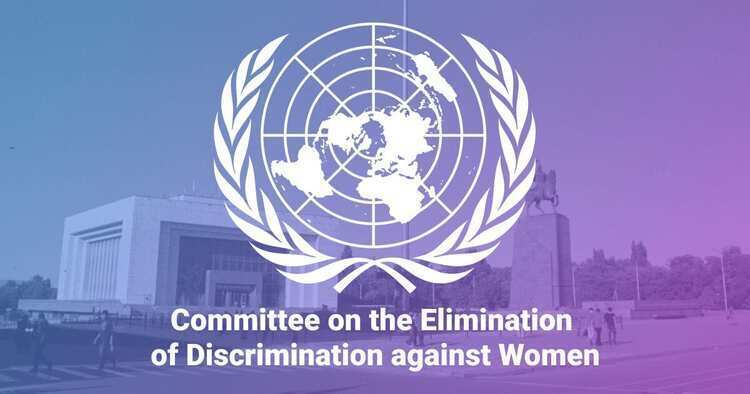 The silent diplomatic row between Morocco and Spain over Ceuta and Melilla may worsen as the Spanish Defense Ministry considers deploying unmanned aerial vehicles to patrol the borders of the exclaves in northern Morocco.
The silent diplomatic row between Morocco and Spain over Ceuta and Melilla may worsen as the Spanish Defense Ministry considers deploying unmanned aerial vehicles to patrol the borders of the exclaves in northern Morocco.
Enlisting airborne surveillance at Spain’s land borders with Morocco aims at reducing the numbers of Spain’s border guards, reports Spanish news website ABC. The drones are equipped with heat-detecting cameras that can provide early warnings of groups gathering to mount an attempted assault on the fence and ensure extra security forces, ABC added.
The use of drones does not exclude the risk of spying and infringing Morocco’s territorial sovereignty, which may stir Rabat’s anger the website notes.
Last August, a program, worth €1.455 billion, was announced in a report published on the website of the Spanish defense ministry. The document urges strengthening the Spanish air force with an advanced drone fleet equipped with digital metric cameras.
Spain has installed high fencing topped with razor wire at its land borders with Morocco in its North African enclaves of Ceuta and Melilla. But despite the tight security, migrants regularly breach the border fences to enter Europe.
Right-wing papers ascribe the rise in migrants’ storming to the fence of the Spanish-occupied cities to a softening of control by Morocco.
The two cities are yet again at the heart of a new tension after the announcement of a visit to Ceuta by the Queen of Spain. The visit may stir Rabat’s anger in a context reminiscent of the 2007 visit by Juan Carlos, then king of Spain, to the city. Back then, Morocco described the visit as a provocation and recalled its ambassador to Madrid in protest.
The silent anger of Rabat concerning the announced visit is also triggered by the agenda of the visit, as the Queen is expected to attend a military ceremony with the participation of Spain’s defense minister Maria Dolores de Cospedal.
Ceuta has been under Spanish occupation since the 16th century. Morocco claims the city along with the other Spanish occupied city of Melilla as an integral part of its national territory.
When King Juan Carlos made his first royal tour of the cities in November 2007, he ignited Moroccan claims that the two enclaves should be returned to their rightful claimant.


